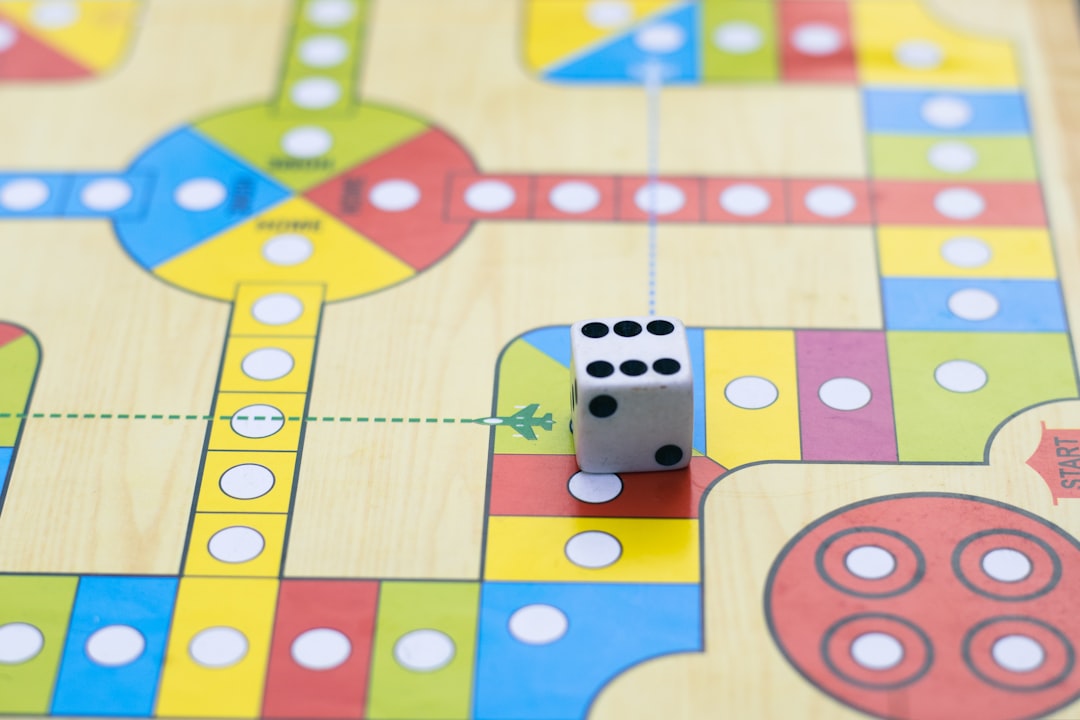When it comes to browser-based games, few genres are as oddly compelling as idle or incremental games. They thrive on simplicity, stimulate gratification through steady progress, and keep players engaged through clever upgrades and evolving mechanics. Among these, Clicking Bad stands out—not just for its gameplay, but for its unabashed parody of pop culture and a surprisingly effective use of spreadsheets as a central mechanic.
Inspired by the hit television show Breaking Bad, Clicking Bad transforms the dramatic tale of chemistry-turned-crime into a humorous yet addicting idle clicker rooted largely in numbers and upgrades. Released as a free, open-access web game, it represents a playful take on illegal empire building through the lens of data management.
What is Clicking Bad?
At its core, Clicking Bad is an incremental game with spreadsheet-like visuals and structures. You play as a mysterious entrepreneur with a chemistry set and a dream of building a methamphetamine empire from scratch. Unlike traditional games that focus on action or graphics, Clicking Bad relies on:
- Simple UI inspired by spreadsheet data
- Incremental income generation mechanics
- Complex upgrade and automation systems
- A narrative nod to Walter White’s journey without ever naming him
You begin by “cooking” your first batch of drugs using the Click mechanic, and from there, the game snowballs into a vast operation involving drug production, sales networks, and money laundering.
The Interface: Minimal Yet Functional
Though the graphics are Spartan, the interface in Clicking Bad serves a very specific purpose: to mimic the structured, logical environment of a spreadsheet. You’ll find progress tables, profit margins, columns of production lines, and built-in elements that can almost make you feel like you’re managing an Excel document rather than playing a video game.

This aesthetic supports the game’s overall goal of making gameplay about optimization. Moving numbers faster and using resources efficiently are the ultimate keys to success in Clicking Bad. The minimalistic design means no distractions—just pure data management and strategic thinking.
Gameplay Mechanics
The gameplay loop in Clicking Bad is deceptively simple. It’s divided into three primary areas:
- Production: Where your product is created. In the beginning, you manually cook, but later, machines like Gregs and Suits produce for you automatically.
- Sales: Where you distribute to clients. Street Dealers evolve into Cartels and other high-efficiency sales outlets.
- Laundering: Since your income is technically “dirty” money, this part helps you clean your profits using fake businesses.
Each of these has multiple upgrade tiers, unlockables, and efficiency ratings. The gameplay evolves from constant clicking to strategic resource allocation. You monitor efficiency ratios like money per second, production output, and running costs, which is where the spreadsheet element really shines.
From Clicks to Automation
The early game involves a fair amount of clicking—hence the title—but before long, you’ll start acquiring upgrades that automate the most laborious tasks. Automation is a key motivator in Clicking Bad. The more money you earn, the more you invest in machines and networks that do the dirty work for you.
Eventually, what was once a one-person operation turns into an automated empire generating millions of dollars per second, with the entire logistics chain under your command. You’ll find yourself thinking in terms of resource management and return on investment, almost like running a high-functioning business… albeit a fictional criminal enterprise.
Game Progression & Strategic Goals
One of the most rewarding aspects of Clicking Bad is watching your empire exponentially grow. The game cleverly uses a gradual reward system where each new tier of upgrade opens up a new facet of gameplay. Milestones include:
- Unlocking new equipment for faster production
- Reaching new sales tiers to boost demand
- Managing risk via money laundering
- Controlling “heat” and avoiding suspicion from law enforcement
Yes, the game even features a heat mechanic that increases as you expand operations, adding an extra layer of challenge by forcing you to balance growth with caution.

The Educational Angle
While it’s all presented with tongue firmly in cheek, Clicking Bad also inadvertently teaches players some foundational business and mathematical concepts:
- Profit Margins: Deciding which operations yield the most profit per dollar invested.
- Scalability: Learning which areas of the business should be automated or expanded first.
- Risk Management: Gauging when to focus on growth and when to dial it back due to increasing heat levels.
Though you’re technically building a fictional drug empire, everything from pricing strategy to ROI analysis mimics real business logic (albeit under legally dubious scenarios).
Why a Spreadsheet Game Works
The brilliance of Clicking Bad lies in the clever use of structure—the same structure many people associate with mundane office work. By turning dull spreadsheets into compelling criminal enterprise managers, the developers provide a unique blend of humor and strategy. The sterile layout emphasizes logic over aesthetics, and this minimalist approach bolsters engagement rather than hindering it.
This same design philosophy has influenced other successful games in the genre, such as AdVenture Capitalist and Cookie Clicker. But few do it as sharply and stylishly—as counterintuitive as that sounds—as Clicking Bad.
Legacy and Influence
Clicking Bad may not have millions of players or flashy visuals, but it remains a cult classic in the idle game community. Its unofficial, fan-made origin and standalone nature mean it suffers from limited support and updates, but its complete experience is still engaging years after its release.
Many newer games in the genre have borrowed from or expanded on its ideas. The concept of “heat” used to manage suspicion has made its way into management sims. The spreadsheet UI has inspired developers to rethink how minimalist design can carry a game instead of holding it back.
Final Thoughts
Clicking Bad is a parody, a business simulator, and a clicker rolled into one. It bridges the gap between casual games and strategic thinking, all while packing in references that most viewers of Breaking Bad will appreciate. But even those unfamiliar with the show can still find a lot to enjoy.
Thanks to its simple interface, smart mechanics, and tongue-in-cheek design, Clicking Bad remains one of the most interesting and surprisingly deep idle games available. If you love numbers, enjoy gradual progress, and appreciate a good joke about criminal enterprises, then this incredibly lean spreadsheet clicker might just be your next obsession.
Just don’t try this business model in real life!